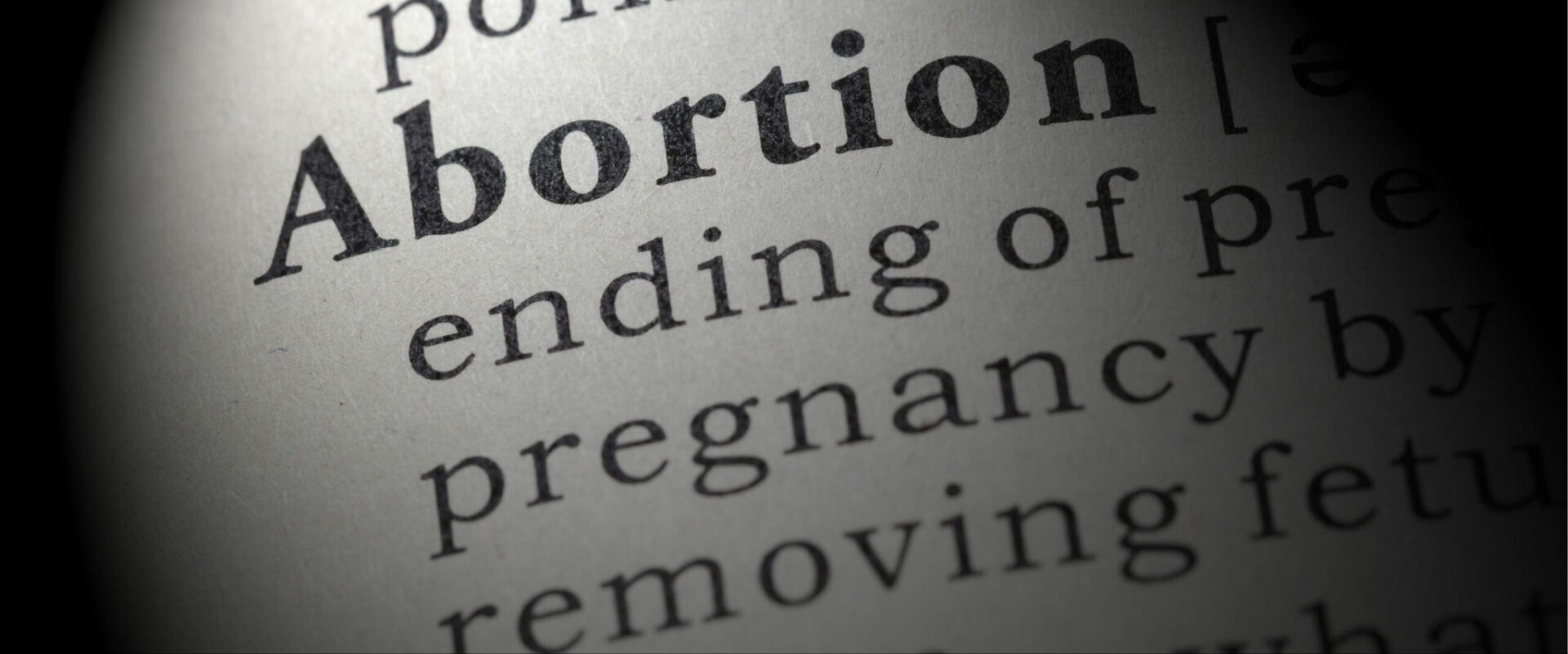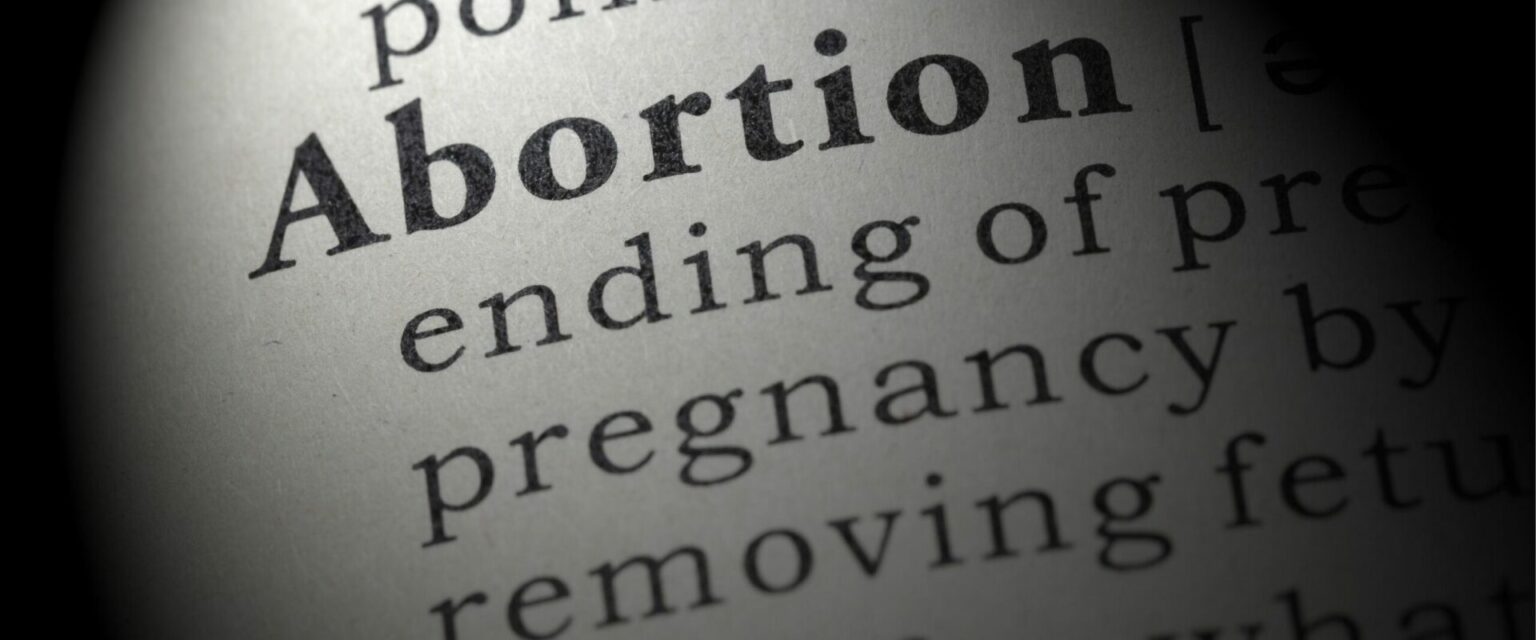By Zoya Saleem
May 29, 2024
The Bombay High Court permitted the medical termination (MTP) of a rape victim’s 23-week pregnancy after finding that for her to carry the child would be against her fundamental rights.
In India abortion is Legal under The Medical Termination of Pregnancy Act, 1971. An act to cover topics related to or incidental to the termination of certain pregnancies by registered medical practitioners. However, the Fundamental right of a woman to abort a 23-week fetus has been sanctioned by the Bombay High Court on Sunday.
The Supreme Court ruled in July 2022 that under Article 21 of the Constitution, a woman’s right to reproductive freedom is an integral component of her personal liberty. During the course of hearing a woman’s appeal against the Delhi High Court’s decision.
The MTP Act, 1971
The name of the law, the Medical Termination of Pregnancy (MTP) Act, 1971, was purposefully selected to dispel any potential ethical or religious concerns and to convey a medical justification for approving such procedures.
The law was passed in order to legalize abortion, increase access to safe abortion methods, stop untrained individuals from performing dangerous procedures, protect women’s lives and health both medically and compassionately, and lower rates of maternal mortality and morbidity.
Additionally, it was a government ruse to manage our population’s rapid growth. Medical professionals who might have otherwise been charged under Sections 315-316 IPC received protection as a result of the legalization of institutional abortion.

Image Source: Zee News
The act was later amended in 2002 to permit the use of the then-new medical abortion pills mifepristone and misoprostol, and in 2021 to raise the maximum abortion window to 24 weeks for special categories of pregnant women like rape or incest survivors, with the prior approval of two registered doctors. As long as the procedure is authorized by a medical board made up of specialized doctors and established by the governments of the states and union territories, there is no maximum gestation period in cases of fetal impairment.
Read more: Kerala High Court allowed 7-month Abortion
‘Right to Choose’
The (rape victim) petitioner and the defendant have been friendly since 2016. She had a child and got married to another man in 2018. Her drunken husband brutally attacked her and their young boy on October 7, 2022.
At midnight, she gave her ex-boyfriend a call. She was invited to visit him and bring her son. He made a commitment to marry her and engaged in sexual activity with her.
A few weeks later, he found her a neighboring room to rent. He warned her with grave consequences if she informed anyone she was pregnant and denied the child was his. The cops reported a FIR against him on April 28 for allegedly raping the victim multiple times.
According to the woman’s advocate, the pregnancy has not only caused the mother severe mental anxiety but has also left her unable to care for the unborn kid. The justices noted that the woman was deemed mentally and physically fit to undergo MTP by the JJ Hospital medical board. They referenced the ruling from the Supreme Court in august 2009 judgment which had observed that according to Article 21 of the Constitution, a woman’s right to choose her reproductive options is an integral aspect of her personal freedom. She also has a sacred right to maintain her bodily integrity while permitting medical abortion.
The woman has a sacred right to maintain her “bodily integrity and dignity,” according to the court.












